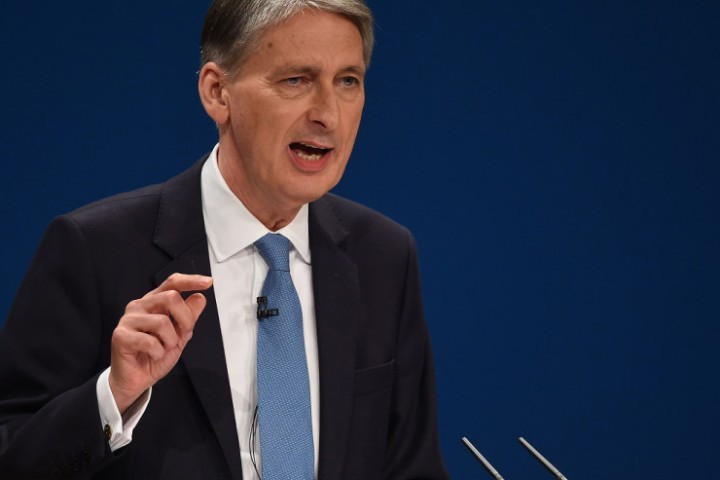Describing it as a “missed opportunity” he said the current climate of uncertainty “requires some bold economic policy”.
Jane Parry, tax partner at Lancashire-based accountants PM+M, said: “ As expected, the Spring Statement was a bit of a non-event which was refreshing as I know many businesses didn’t want another ‘mini budget’.“They’re tired of hearing new policy announcements along with additional tax and spending measures; they simply want to focus their time and effort on growing despite the ever present uncertainty of Brexit and things like the Making Tax Digital regime and the looming shadow of GDPR.
“The news around consultations on tackling the issue of single-use plastics and the taxation of the profits of digital giants like Facebook and Google is all well and good, but action is what’s needed, not more consultations.“On a positive note, it was good to learn that tax receipts are covering day-to-day government spending for the first time since the 2008 financial crisis, that borrowing is £4.7bn lower than expected and that growth is slightly higher than forecast last year.
“However, we’ve still got one of the slowest growth rates in the G7 and public debt as a percentage of national income remains well above 80 per cent.“The consultations on productivity improvement and tackling late payment are both good news for local businesses, as is the additional funding to help smaller businesses take on apprentices.
“What I want to see from the government over the next few months is simple: more clarity around Brexit and how it plans to help businesses grow by closing the skills gap and helping them to improve productivity. These are the real issues that need to be addressed, everything else comes second.”Roy-Chowdhury added: “Government should exercise careful judgement when it comes to potential tax changes on digital businesses.
“Measures aimed at tackling perceived tax avoidance by the Big Tech firms could easily impact on much smaller digital firms’ competitiveness and investment.“Any effective digital taxation system must be built on a multi-lateral framework and align with the latest OECD work on the digital economy.”
Ed Cox, director of IPPR North, said: “There was little regard for all parts of the North of England in today’s Spring Statement. Whilst we are seeing the green shoots of growth in places like Manchester and Leeds, too many places in the North are still being left behind.”Weakening long-term growth projections are the result of low productivity in the North and Midlands. We need to unlock their economic potential with regional industrial strategies backed with long-term investment and more radical and widespread devolution.
“We didn’t expect any big transport announcements but the woeful disparities in transport investment between London and the North remain.“As Transport for the North bring forward their key priorities later in the year this government will be in the last chance saloon if it doesn’t put its money where its mouth is on the Northern Powerhouse.”
Tony Medcalf, tax partner at MHA Moore and Smalley, added: “We were told not to expect any fireworks in this Spring Statement and the chancellor was true to his word.“He made reference to quite a few issues that would be of interest to the business community, such as more money to help small firms engage with apprentices and taking action to tackle late payments, but didn’t give further details.
“He also said he wanted to unleash inventors and discoverers, but again there was no mention of how this would be done. This was a scene-setter speech that touched on the government’s aspirations, rather than setting out specific policies. “On the whole, I think business owners will be relieved that there are no new major initiatives to have to try and get their head around.”





















